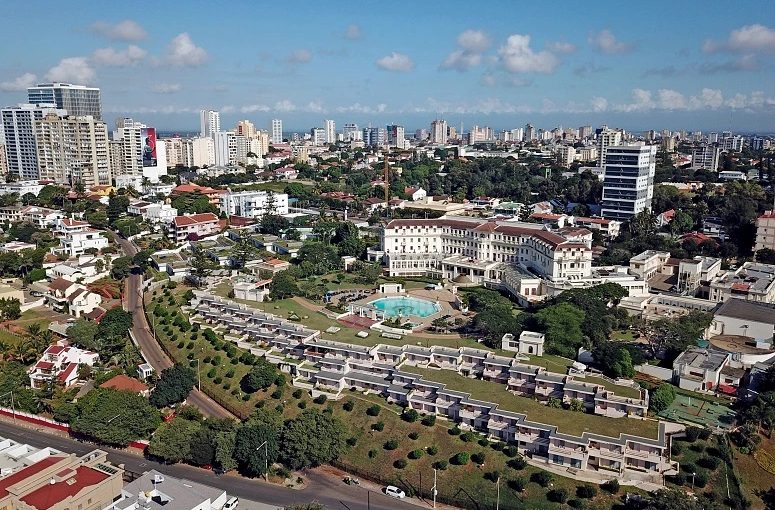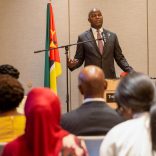Mozambique: Renamo founder calls for removal of Momade - Watch
Mozambique: Government creates new Centre for Preventing and Combating Terrorism and Violent Extremism

File photo: Lusa
The new National Centre for Preventing and Combating Terrorism and Violent Extremism (CNPCTEV), created by the government, will take on the coordination of the strategy for combating these crimes, according to a decree that Lusa had access to this Thursday.
By decree of 24 March, 2025, the Council of Ministers approved the creation of the CNPCTEV, justifying it with the “need, within the scope of the implementation of the Defence and Security Policy, to harmonise the mechanisms for preventing and combating terrorism and violent extremism and adapt the national approach to international best practices” in this area.
The decree headquarters the CNPCTEV in the city of Maputo, adding that it “may be established in another location in the national territory, where justified”.
The new organisation will be supervised by the Minister of National Defence and start its activity with a staff of 34 workers, including 12 analysts and six researchers.
The CNPCTEV is responsible for “promoting, coordinating and overseeing the National Strategy for the Prevention and Combat of Terrorism and Violent Extremism”, as well as “conducting and disseminating studies and applied research on terrorism and violent extremism and related matters” and carrying out “diagnosis and risk analysis on terrorism and violent extremism”, the decree states.
At least 349 people died in attacks by Islamic extremist groups in northern Mozambique in 2024, an increase of 36% compared to the previous year, according to a study released at the end of February by the Africa Center for Strategic Studies (ACSS).
According to the academic institution of the US Department of Defence, which studies issues related to security in Africa, this ” bounce back in levels of violence” in Mozambique “reflects the strategy” of the ASWJ group – an affiliate of the Islamic State and which operates in the province of Cabo Delgado – to “broaden the conflict by moving inland and into more rural areas”.
“This is causing an overextension of Mozambican and Rwandan forces, who have been operating without SADC forces since mid-2024. Underlying grievances in the Cabo Delgado region remain to be addressed, fuelling militant Islamist recruitment, particularly among youth,” the study warns.
The ACSS adds that there was ” a sharp increase in violence against civilians” in the northern region of Mozambique last year.
“The 122 incidents targeting civilians made up 52% of the 236 total violent events in 2024,” says the institution in the study, which addresses the terrorist threat that mainly affects the province of Cabo Delgado, northern Mozambique.
It also notes that “the Mozambique theater of militant Islamist violence has always been distinctive for its high rate of violence against civilians”, pointing out that “the 31% of total fatalities resulting from violence against civilians in Mozambique is greater than any other militant Islamist group in Africa”.
The ACSS analysis points out that “roughly 578,000 people who have been displaced by the violence have yet to return to their homes”
Since October 2017, gas-rich Cabo Delgado province has been facing an armed rebellion with attacks claimed by movements associated with the extremist Islamic State group.
The Mozambican government confirmed on 25 February the occurrence of some “sporadic attacks” by rebel groups in the province of Cabo Delgado, while assuring that the Defence and Security Forces (FDS) remain on the ground to guarantee the safety of the population.
The ACSS study also estimates that at least 18,900 deaths “linked to militant Islamist violence in Africa” will be recorded in 2024.
Decreto n.º 6/2025 de 24 de Março que cria o Centro Nacional de Prevenção e Combate ao Terrorismo e Extremismo Violento, abreviadamente designado por #CNPCTEV, e aprovado o respectivo Estatuto Orgânico.https://t.co/KubSVgF1MD
— José A. (@Muianga) March 28, 2025













Leave a Reply
Be the First to Comment!
You must be logged in to post a comment.
You must be logged in to post a comment.